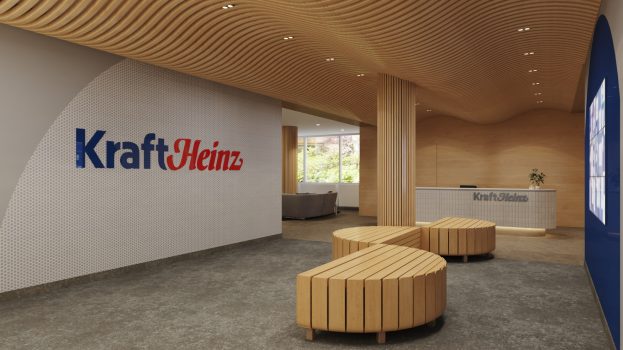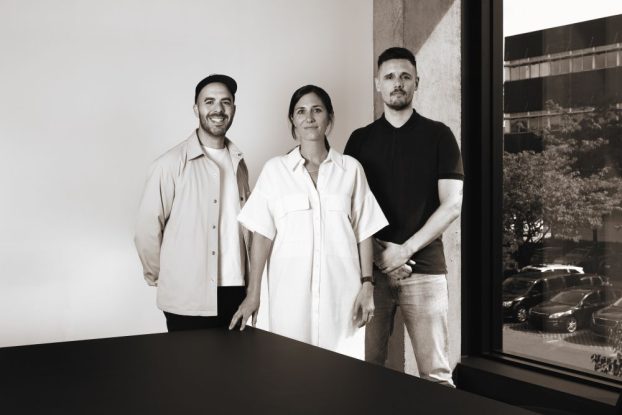
Every year, around this time, the World Economic Forum (WEF) in Davos, Switzerland, serves as a meeting point for global leaders across sectors, including government and business, to partake in discussions on how to improve the state of the world. The conversations revolve around pressing global issues, economic trends, and policy challenges, providing a platform for stakeholders to collaborate on finding solutions. The event is known for its high-profile attendees and the exchange of ideas aimed at shaping a more sustainable and inclusive global economy. But this year, CEOs seem even more conflicted about the future.
Released at the same time as the WEF, the 27th Annual Global CEO Survey by PwC reveals a notable shift in CEO considerations. The survey, gathering intel from 4,702 CEOs across 105 countries, underscores a considerable increase in optimism regarding global economic growth over the year. In fact, the amount of CEOs expressing confidence has more than doubled year-over-year, with 38% now harbouring positive expectations, up from 18% in 2023. However, at the the same time, concerns about the long-term viability of their businesses show an uptick of 45%, driven by increasing pressures galvanized by technological advancements and climate-related challenges.
The decline in perceived economic risks is consistent throughout the survey results, as expectations that it will worsen have gone down from 73% in the previous year to the current 45%. Despite continued geopolitical instability, the percentage of CEOs feeling highly or extremely exposed to its risks has decreased to 18% (down 7 percentage points).
While CEO optimism rings true in most regions, North America and Western Europe present a contrasting picture. In Western Europe, 48% of CEOs anticipate a decline in their domestic economies, while in North America, 52% share this pessimistic outlook.
The survey also sheds light on hiring trends, revealing that CEOs are more inclined to increase their workforce than reduce it in the next 12 months. Globally, 39% of CEOs plan to increase their headcount by 5% or more.
Despite this positive trajectory, CEOs express continued concerns due to looming realities, particularly technological disruption (such as generative AI) and climate related issues. A notable 45% of CEOs voice concerns about the viability of their current business models in the next decade if there is no fundamental reinvention. This reflects an increase from 39% in 2023, indicating a growing awareness of the need for transformative measures.
When it comes to technological disruptions, CEOs overwhelmingly view generative AI as a catalyst, anticipating significant changes in how their companies create, deliver, and capture value in the next three years. However, concerns about workforce upskilling, cybersecurity risks, misinformation, legal issues and bias remain on the horizon.
While many CEOs see the climate transition as an industry disruptor, progress varies across different aspects. Even though 76% have initiated steps to improve energy efficiency, only 45% have made progress in incorporating climate risk into financial planning. Barriers to decarbonization include regulatory complexity and lower economic returns for climate-friendly investments.
One thing is for certain, the heightened awareness among CEOs of the issues impacting their businesses confirms to them the imperative for strategic reinvention in order to best navigate the instability of the uncertainties ahead, even if much of it is out of their control.






















